Taking a warm bath, using eucalyptus essential oil, and rinsing your nose with salt water can help reduce sinusitis symptoms.
Sinusitis causes damage to the nasal mucosa, leading to accumulation of pus and fluid, causing sinus blockage. Symptoms of sinusitis include runny nose, stuffy nose, facial heaviness, headache, fever, fatigue, tinnitus, cough, bad breath, and affects the sense of smell and taste.
Some tips below help reduce pain and improve sinusitis symptoms.
Steam
Dry sinuses can increase sinus pressure, causing headaches and sinus pain. Adding steam helps add moisture to the air, moistens the sinuses, thins mucus, and prevents mucus buildup.
Patients can take advantage of the steam when taking a hot bath, inhaling a cup of hot tea. If possible, use a bowl of warm water, cover your head and the bowl with a towel to inhale the moisture. Using a humidifier in the bedroom also helps provide steam to the sinuses.
Applying a warm towel to your face, especially around your eyes, nose, and forehead, can help relieve pain caused by sinusitis.
Eucalyptus essential oil
Add eucalyptus oil to your bath or diffuser to clear sinuses and relieve nasal congestion. Eucalyptus oil contains cineole, which may speed up the healing of sinus infections caused by viruses. Adults can put a few drops on their pillows before bed at night.
Nasal irrigation
Rinse your nose and sinuses with saline regularly, about 2-3 times a day or after going out, to help reduce sinus pressure and congestion. Saline washes away debris and allergens, while also increasing nasal moisture and thinning mucus.
Buy sterile saline solution from a pharmacy or mix it yourself according to your healthcare provider's instructions. Use distilled, filtered, or boiled water because other sources may contain harmful bacteria.
Get enough sleep
Getting enough sleep helps the body recover, increasing the production of more white blood cells to quickly recover from illness.
Sleeping on your back or stomach can easily increase mucus buildup in your nose, disrupting your sleep. People with sinusitis should sleep on their side, with their head raised higher than their heart. This sleeping position can prevent mucus buildup and make breathing easier.
Drink plenty of water
Dehydration dries out your sinuses and increases pressure in your face. Fluids help relieve sinus congestion, thin mucus, and relieve nasal congestion.
Increase your daily fluid intake by drinking 1.5-2 liters of water, and increase your fluid intake through other foods and beverages, including soups, broths, herbal teas, fruit juices, cucumbers, and watermelon. Limit alcohol and coffee consumption because they increase the risk of dehydration.
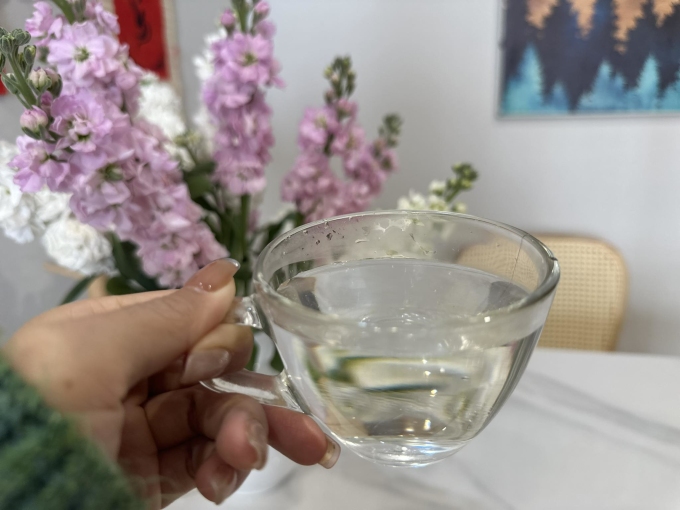
Drinking water helps thin mucus. Photo: Anh Ngoc
Relax
Sinus congestion and pain often cause tension in the head, face, and neck. Relaxation can help relieve headaches. You can try a combination of deep breathing exercises and meditation to help relieve sinus discomfort and pain.
Do exercise
Physical activity increases blood circulation, reduces temporary congestion, and makes breathing easier. Physical activity also helps patients improve their health and recover quickly from illness.
Anh Chi (According to Health, Healthline )
| Readers ask questions about ear, nose and throat diseases here for doctors to answer |
Source link


![[Photo] Opening of the 11th Conference of the 13th Party Central Committee](https://vstatic.vietnam.vn/vietnam/resource/IMAGE/2025/4/10/f9e717b67de343d7b687cb419c0829a2)
![[Photo] Unique folk games at Chuong Village Festival](https://vstatic.vietnam.vn/vietnam/resource/IMAGE/2025/4/10/cff805a06fdd443b9474c017f98075a4)



![[Photo] April Festival in Can Tho City](https://vstatic.vietnam.vn/vietnam/resource/IMAGE/2025/4/10/bf5ae82870e648fabfbcc93a25b481ea)
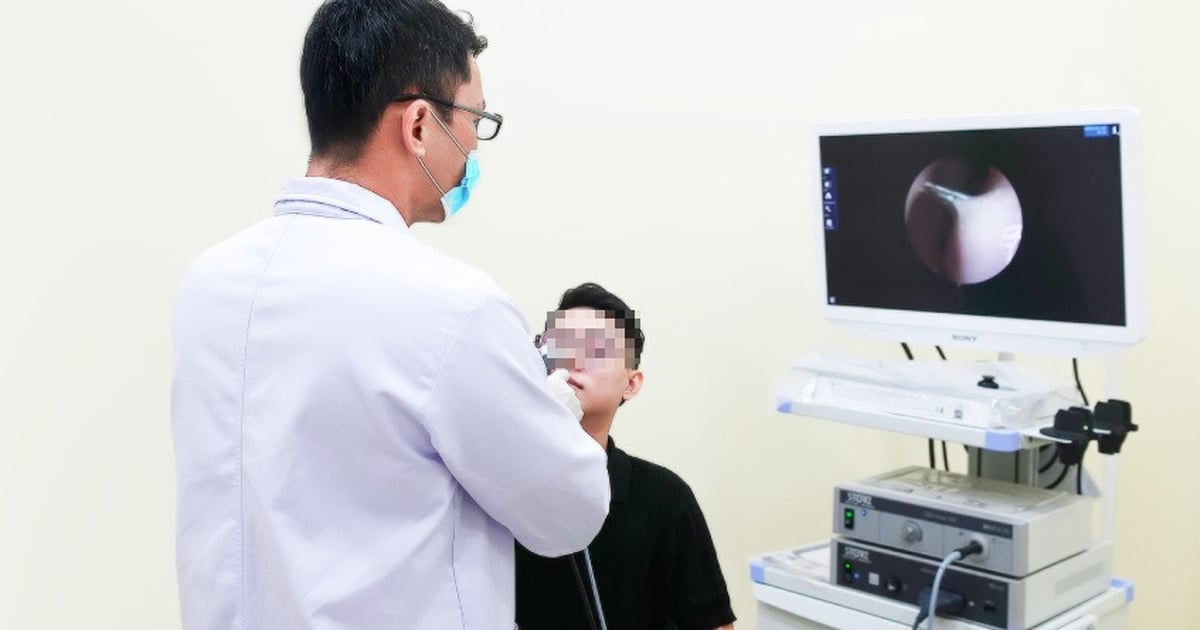

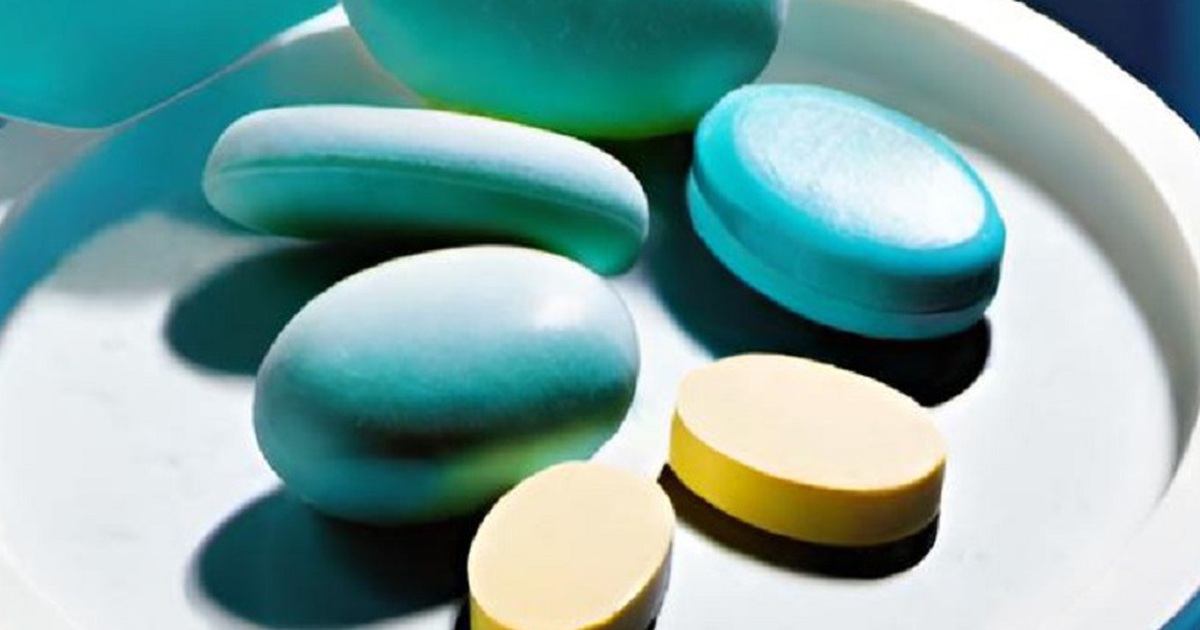




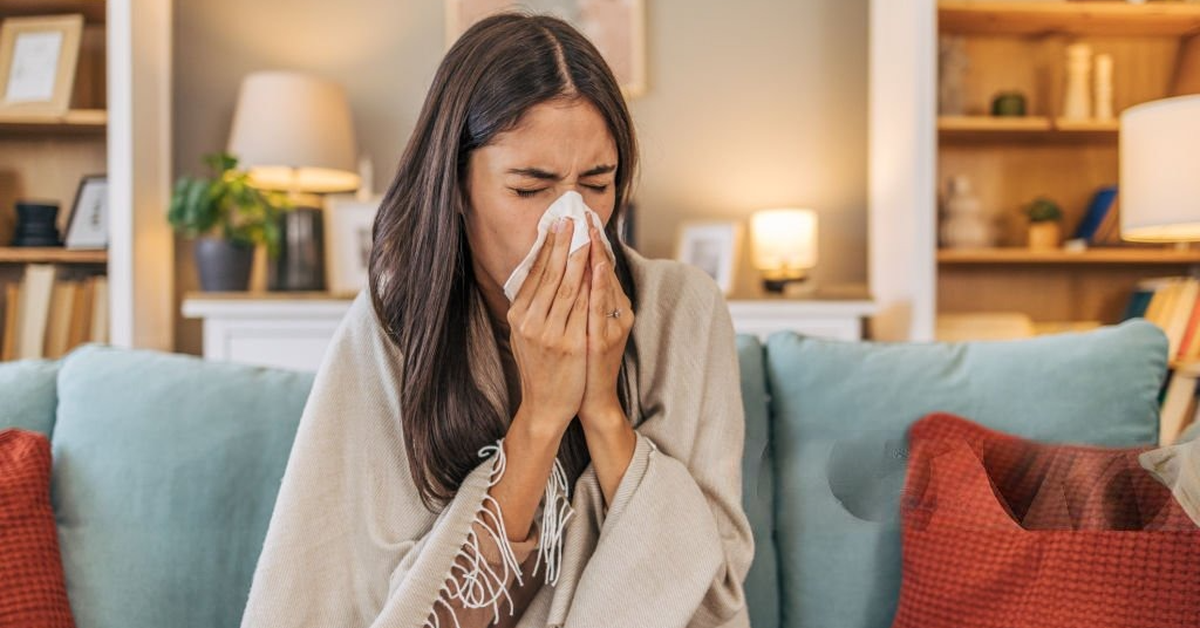




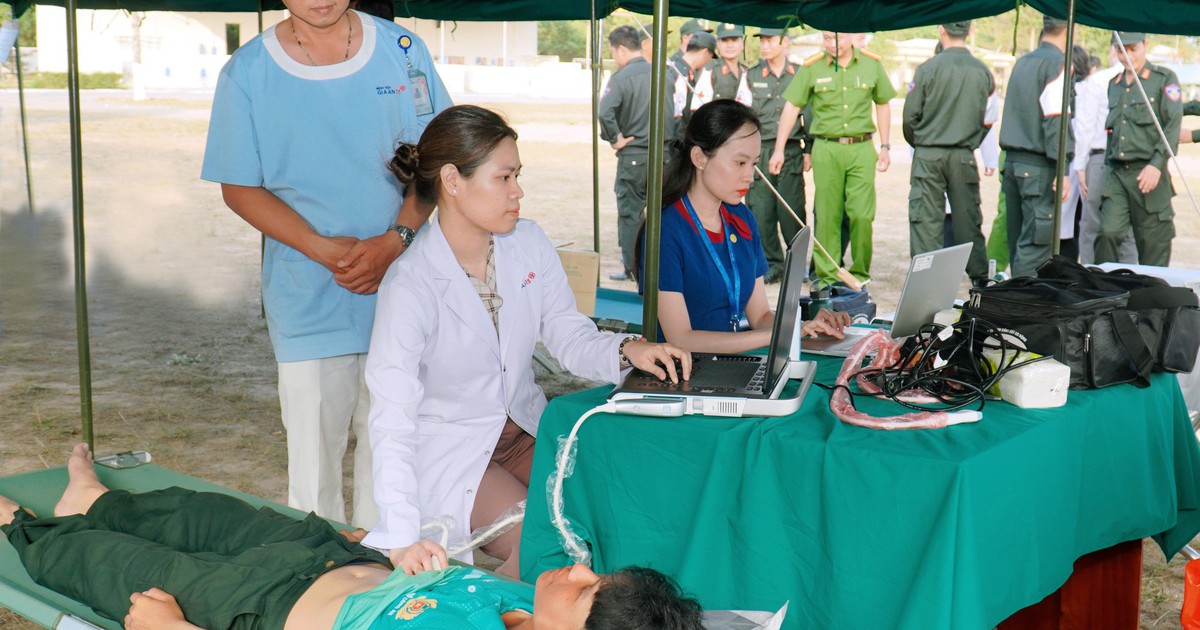
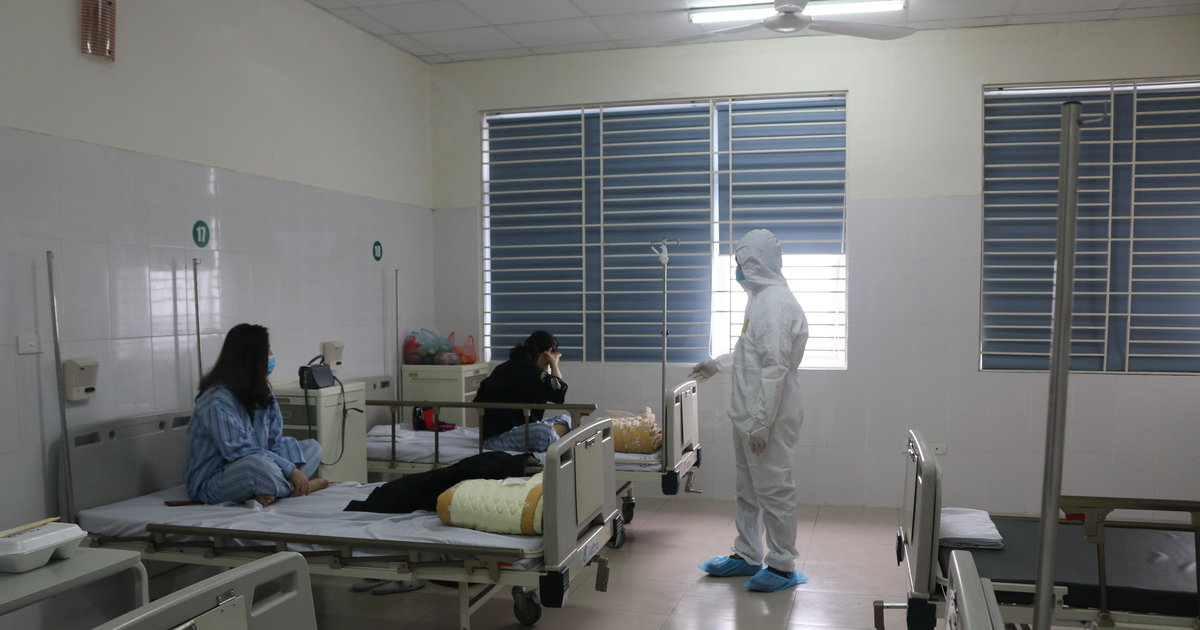









![[Photo] Prime Minister Pham Minh Chinh commends forces supporting Myanmar in overcoming earthquake consequences](https://vstatic.vietnam.vn/vietnam/resource/IMAGE/2025/4/10/e844656d18bd433f913182fbc2f35ec2)






























































Comment (0)